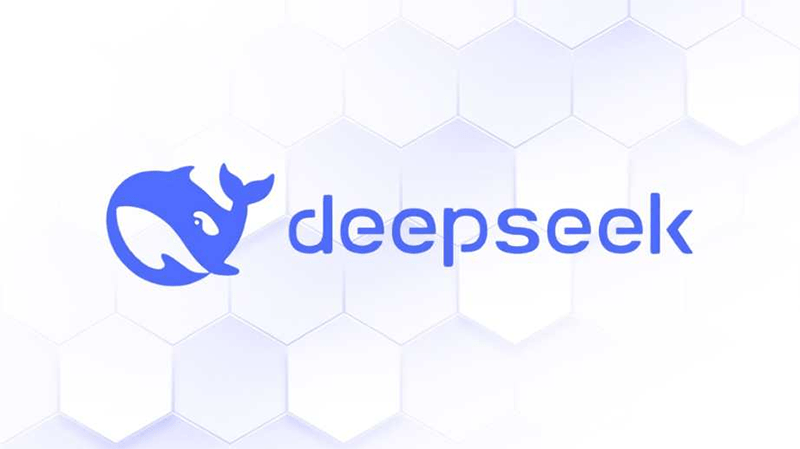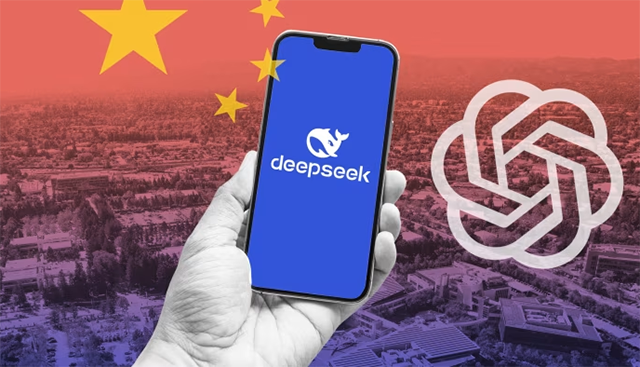DeepSeek hit by cyberattack, new registrations restricted
DeepSeek said on Monday it would temporarily restrict new user registrations 'due to large-scale malicious attacks' on its service, although existing users will still be able to log in as usual.
The Chinese artificial intelligence startup has attracted significant attention in the past few weeks, as it emerges as a rapidly emerging competitor to OpenAI's ChatGPT, Google's Gemini, and other leading AI tools.
Also on Monday, DeepSeek overtook OpenAI as the most downloaded free app in the US on Apple's App Store, replacing ChatGPT with DeepSeek's own AI assistant. This contributed to a major sell-off in global tech stocks.

The attention on the company, which was founded in 2023 and released its R1 model last week, has been widespread among tech analysts, investors, and developers. They say the appeal, along with the fear of falling behind in the ever-changing AI race, may be well-founded, especially in the era of the generative AI boom, where tech giants and startups are racing to stay ahead in a market that is expected to reach more than $1 trillion in revenue within the next decade.
DeepSeek was reportedly spun out of a Chinese venture capital fund's AI research unit in April 2023, with a focus on large language models and artificial general intelligence (AGI) — a branch of AI designed to achieve or surpass human intelligence on a wide range of tasks, a goal that OpenAI and its rivals are aggressively pursuing.

The hype around DeepSeek began to explode last week when the company launched R1, a reasoning model that could compete with OpenAI's o1. R1 is open source, allowing any AI developer to use it. The model quickly climbed to the top of application rankings and industry benchmarks, with many praising its performance and superior reasoning capabilities.
Notably, DeepSeek's models were developed despite the fact that the US has tightened its restrictions on chip exports to China three times in the past three years. Estimates of the cost of training R1 vary, but according to Jefferies analysts, a recent version of R1 cost just $5.6 million to train (based on $2/hour GPU rental on the H800). That's less than 10% of what it cost to train Meta's Llama model.

While there are no exact figures, reports agree that DeepSeek's model was developed at a much lower cost than competitors like OpenAI, Anthropic, Google, and others.
DeepSeek's success is raising big questions for the AI industry, including whether the industry's massive funding rounds and billion-dollar valuations are really necessary, and whether the industry is facing the risk of a bubble bursting.